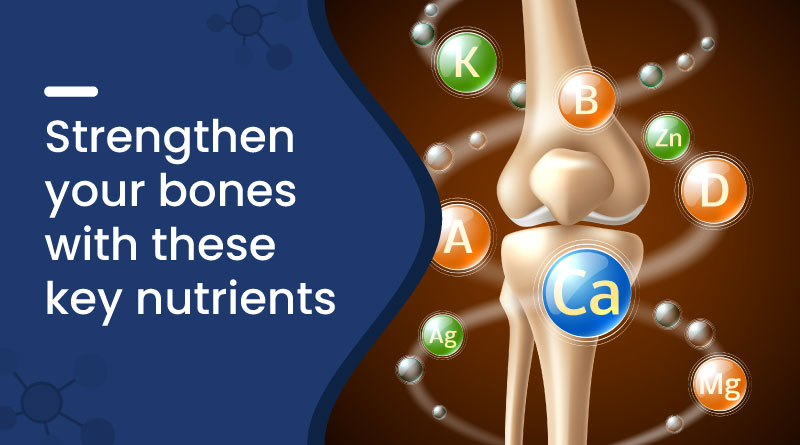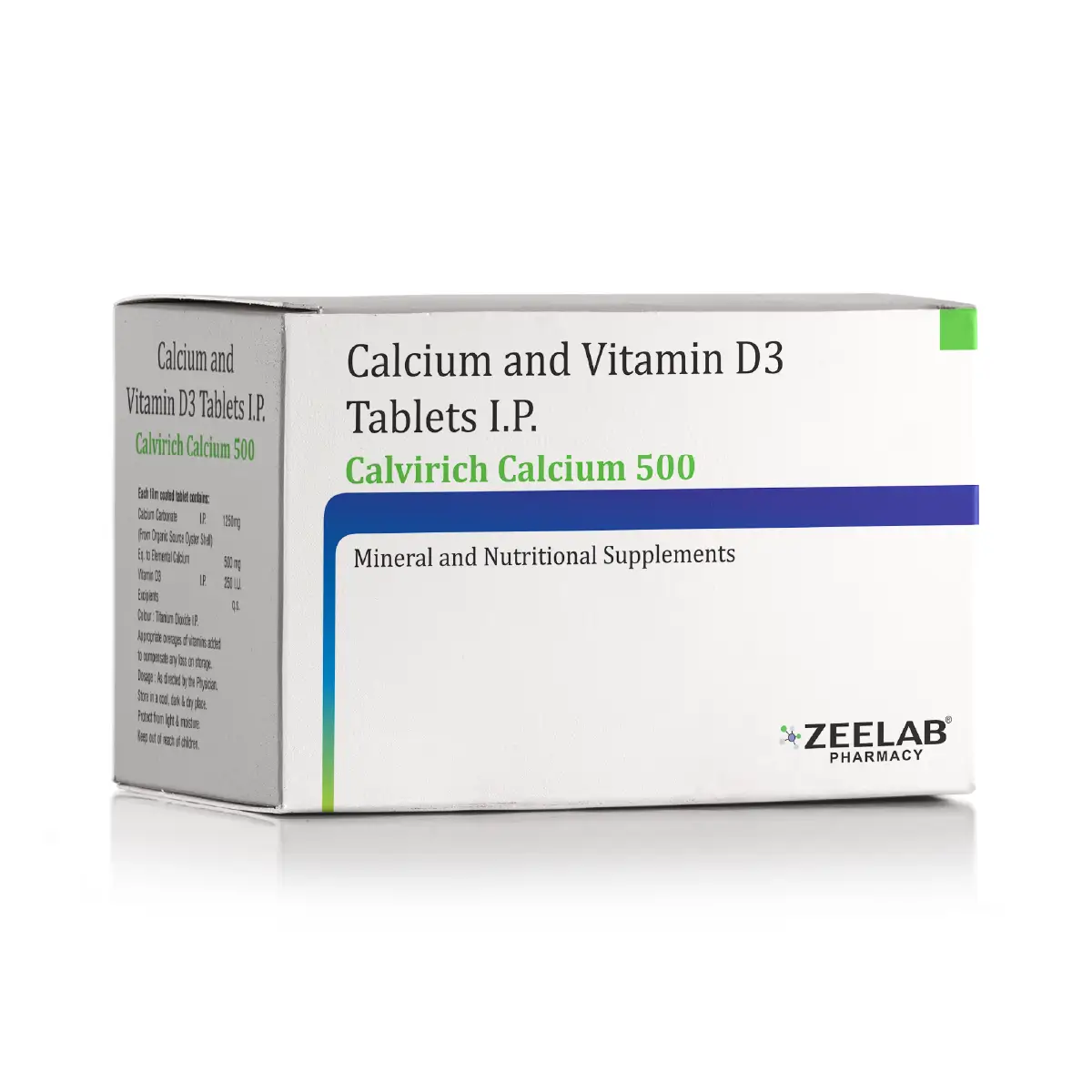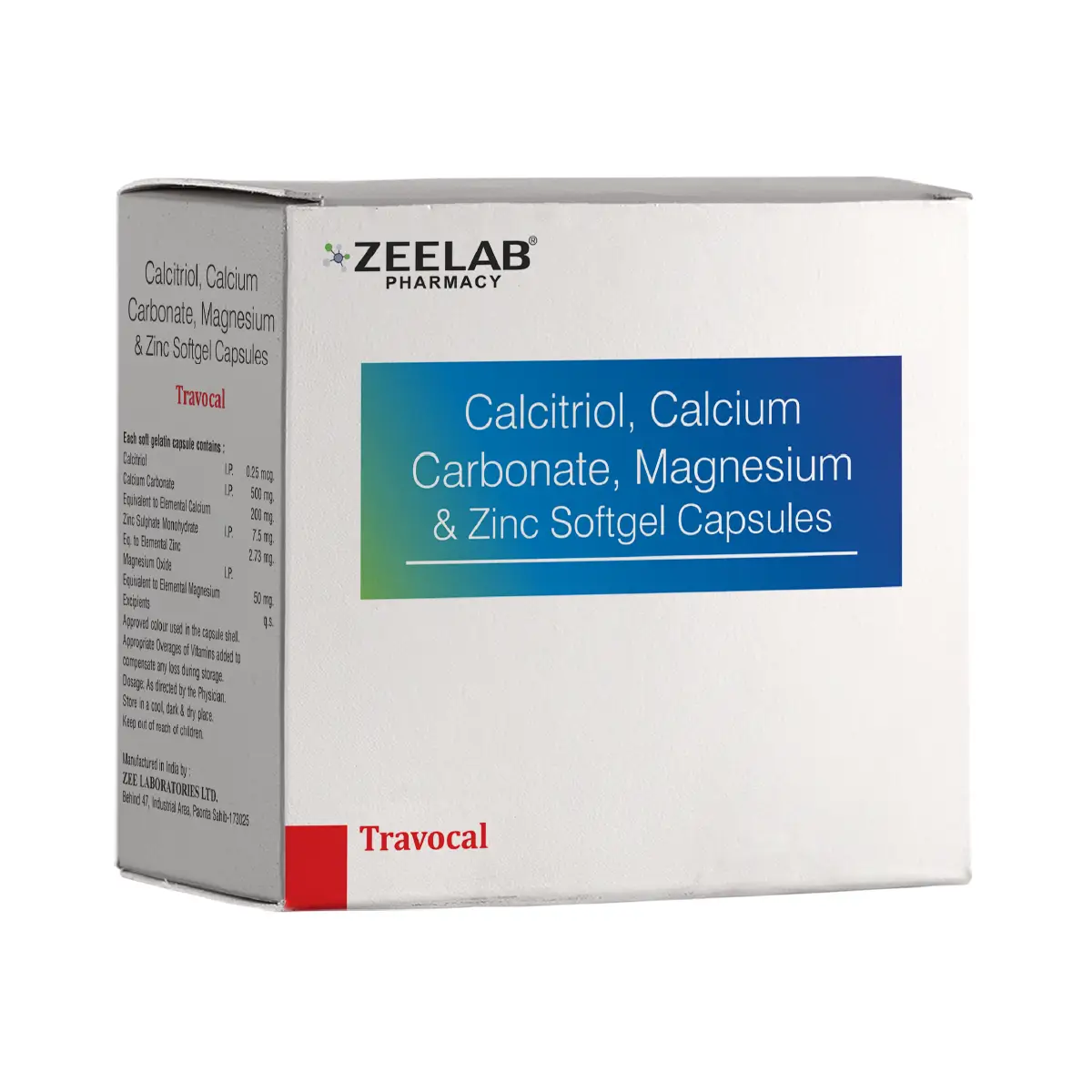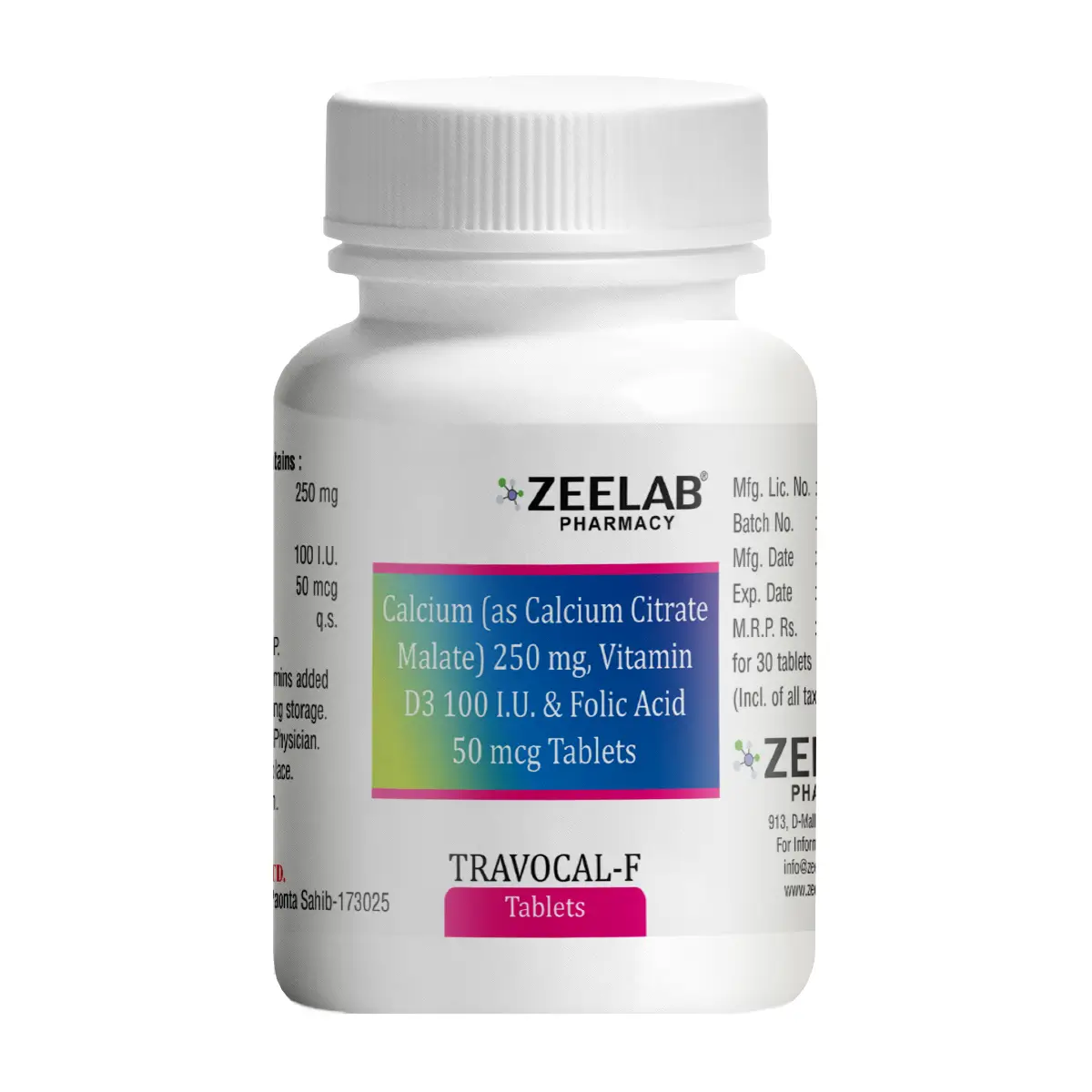Strengthen Your Bones Naturally | Key Nutrients for Bone Health


Bones form the structural foundation of your body. As we age, bone strength naturally declines—but with the right nutrients, you can slow this process and maintain skeletal health. This blog explores how to strengthen your bones with key nutrients, their role in bone density, and how to naturally support your body’s framework.
Why Is Calcium Important to Strengthen Your Bones?
Calcium is vital for bone health, with 99% stored in bones and teeth. It gives bones their hardness and structure.
Key points:
- Essential for bone density and strength
- Helps in preventing fractures and osteoporosis
- Needed throughout all life stages, especially in growing children, pregnant women, and older adults
- Good sources include milk, cheese, yogurt, leafy greens, almonds, and fortified foods
How Does Vitamin D Help Strengthen Your Bones?
You can consume plenty of calcium, but without enough vitamin D, your body can’t absorb it efficiently. Vitamin D helps move calcium into the bones.
- Improves calcium absorption
- Supports bone growth and remodeling
- Deficiency leads to rickets and osteomalacia
- Sources: Sunlight, egg yolks, fatty fish (like salmon), and fortified cereals
Can Magnesium Help Strengthen Your Bones?
Yes, magnesium is a critical but often overlooked mineral for bone health. About 60% of magnesium is stored in bones.
How it works:
- Regulates calcium transport
- Aids in the production of bone-building cells
- Helps maintain bone mineral density
- Include foods like nuts, seeds, whole grains, legumes, and spinach in your daily diet
Does Vitamin K Play a Role in Strengthening Your Bones?
Absolutely. Vitamin K, especially K2, is essential for bone metabolism. It helps proteins bind calcium to bones.
Why it matters:
- Supports bone mineralization
- Reduces the risk of fractures
- Works synergistically with Vitamin D
- Vitamin K is found in leafy greens, broccoli, Brussels sprouts, and fermented foods like natto
How Do Protein and Collagen Help Strengthen Your Bones?
Collagen and protein form the flexible framework of bones:
Benefits:
- Collagen gives bones flexibility and shock resistance
- Protein supports bone repair and regeneration
- Inadequate protein can lead to weaker bones and muscle loss
- Consume lean meats, dairy, eggs, soy, beans, and bone broth to support collagen production
What Role Does Phosphorus Play in Bone Strength?
Phosphorus works alongside calcium to form bone tissue. About 85% of the phosphorus in your body is found in bones and teeth.
Bone health effects:
- Supports strong bone formation
- Helps balance calcium levels
- Important during growth phases
- Sources: dairy, fish, poultry, nuts, whole grains
Can Zinc and Other Trace Minerals Help Strengthen Your Bones?
Yes, trace minerals like zinc, copper, and manganese are needed in small amounts but have powerful effects on bone development.
Why they matter:
- Zinc helps in bone tissue regeneration
- Copper supports collagen formation
- Manganese is essential for bone matrix development
- Add pumpkin seeds, whole grains, lentils, and seafood to your meals
How Can You Naturally Maintain Bone Strength with These Nutrients?
To naturally strengthen bones, focus on a well-balanced, nutrient-rich diet along with lifestyle practices:
Tips to follow:
- Eat a variety of whole foods rich in bone-building nutrients
- Get 10–20 minutes of sunlight daily for vitamin D
- Do weight-bearing exercises like walking or lifting
- Avoid excessive alcohol and quit smoking, both of which weaken bones
- Monitor bone density if you're over 50 or have risk factors for osteoporosis
List of Supplements That Support Bone Health
| Product Name | Key Bone Health Benefits |
|---|---|
| Travocal F Calcium Supplement Tablet |
|
| Travocal K2 Calcium Supplement Softgel Capsule |
|
| Travocal Calcium Supplement Softgel Capsule |
|
| Calvirich Calcium 500 Tablet |
|
Frequently Asked Questions
Q. What is the best nutrient to strengthen your bones?
A. Calcium is the most important, but it works best when combined with vitamin D, magnesium, and vitamin K.
Q. How can I improve my bone strength naturally?
A. Eat nutrient-rich foods, stay physically active, get sunlight for vitamin D, and avoid smoking or excessive alcohol.
Q. Can bone loss be reversed with nutrients?
A. While you can’t completely reverse it, proper nutrition can slow down bone loss and improve bone density.
Q. How much calcium do adults need daily?
A. Most adults need 1,000–1,200 mg of calcium per day depending on age and gender.
Q. What are early signs of weak bones?
A. Common signs include frequent fractures, poor posture, back pain, and gradual height loss.
Conclusion
Strong bones are built and maintained through more than just calcium. A combination of nutrients—including vitamin D, magnesium, vitamin K, protein, and trace minerals—forms the foundation for healthy bones throughout life. By making smart dietary choices and adopting bone-friendly habits, you can naturally strengthen your bones and reduce the risk of fractures, osteoporosis, and mobility issues as you age.
Calcium Carbonate (1250 mg equivalent to Elemental Calcium 500 mg) + Vitamin D3 (250 I.U)
15 Tablets in 1 Strip
Calcitriol (0.25mcg) + Calcium Carbonate (500mg) + Zinc (7.5mg) + Magnesium (50mg)
10 Softgel Capsules in 1 Strip
Calcium (500 mg) + Omega-3 (250 mg) + Boron (1.5 mg) + Vitamin B12 (750 mcg) + Folic Acid (400 mcg) + Vitamin K2-7 (45 mcg) + Vitamin D3 (0.25 mcg) + Zinc (2.73 mg) + Manganese (1.5 mg)
10 Softgel Capsules in 1 Strip
Elemental Calcium ( As Calcium Citrate Malate) (250mg) + Vitamin D3 100 IU + Folic Acid (50mcg)
30 Tablets per bottle
Recent Blogs
Disclaimer : Zeelab Pharmacy provides health information for knowledge only. Do not self-medicate. Always consult a qualified doctor before starting, stopping, or changing any medicine or treatment.




















 Added!
Added!